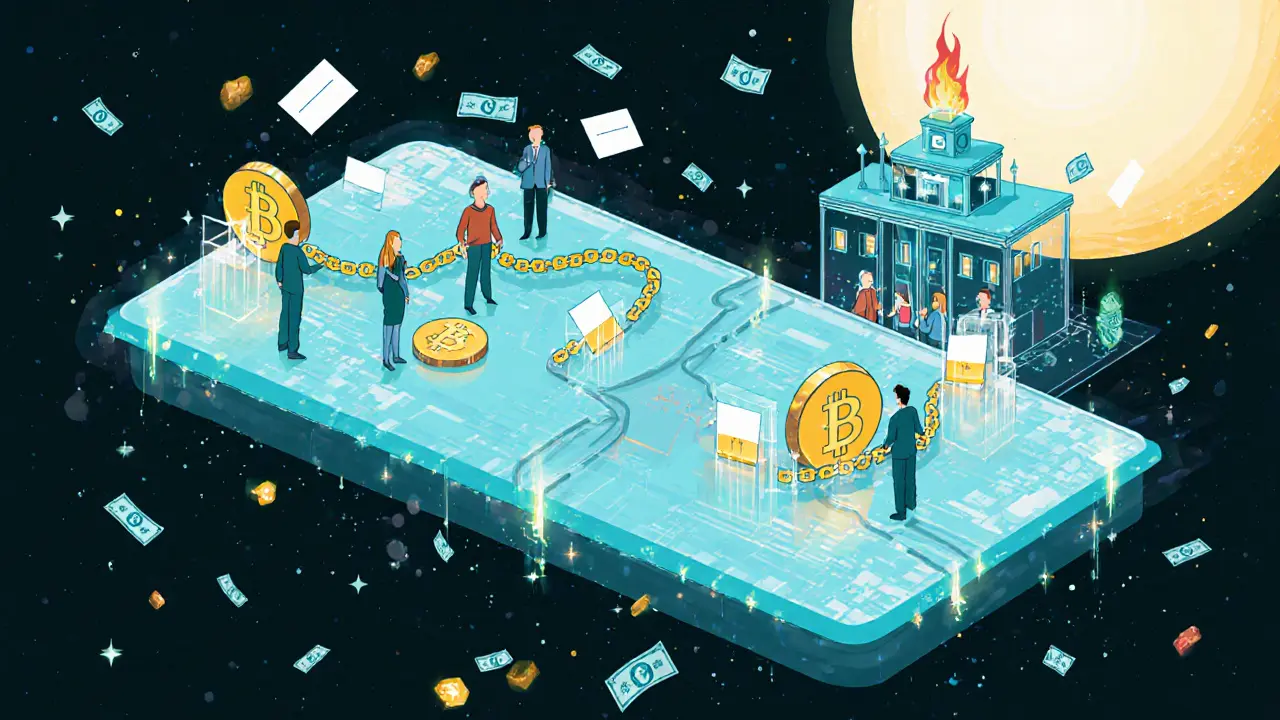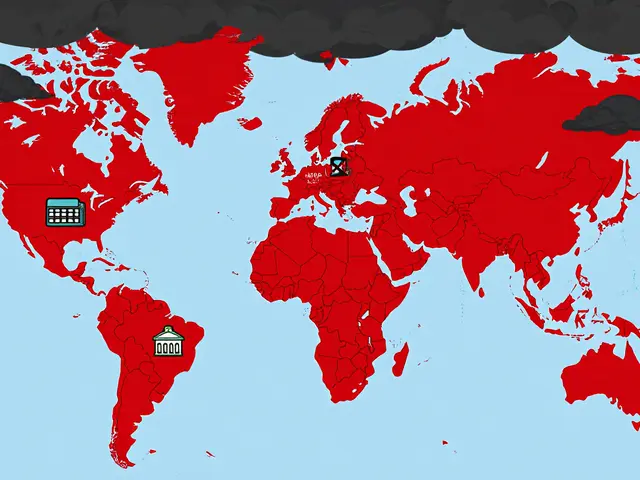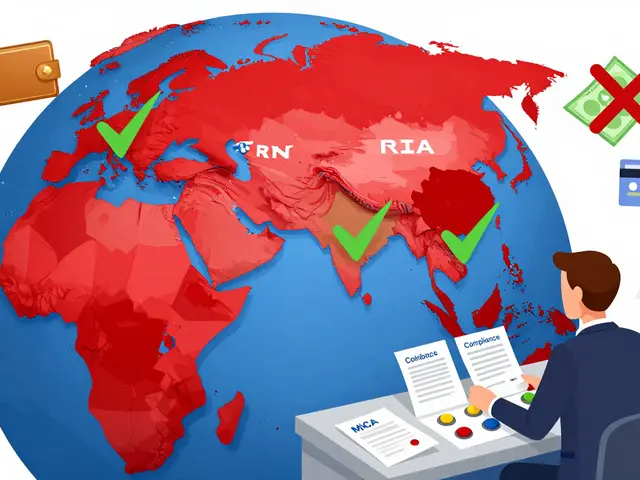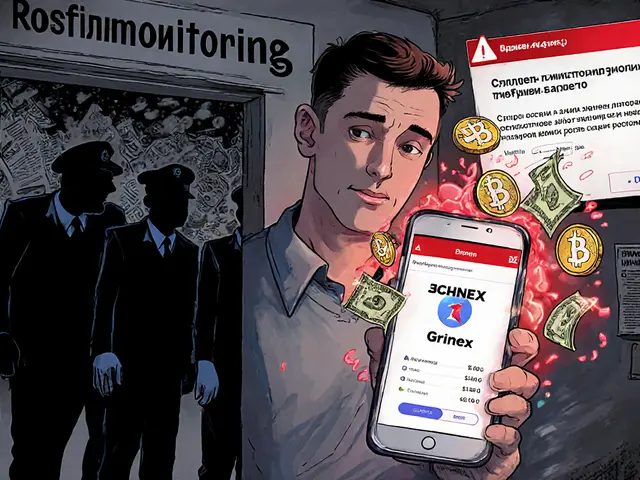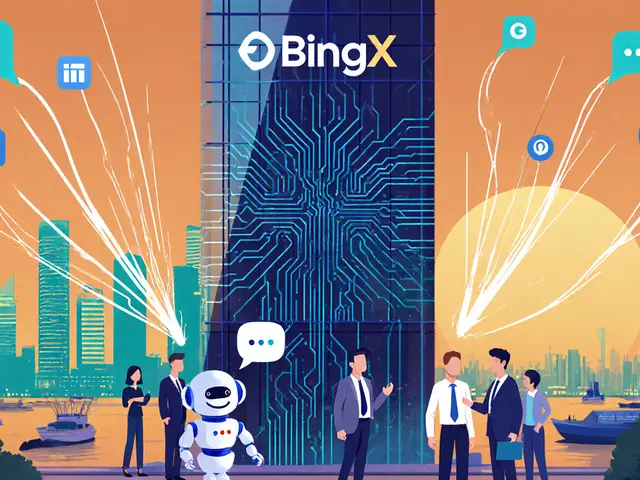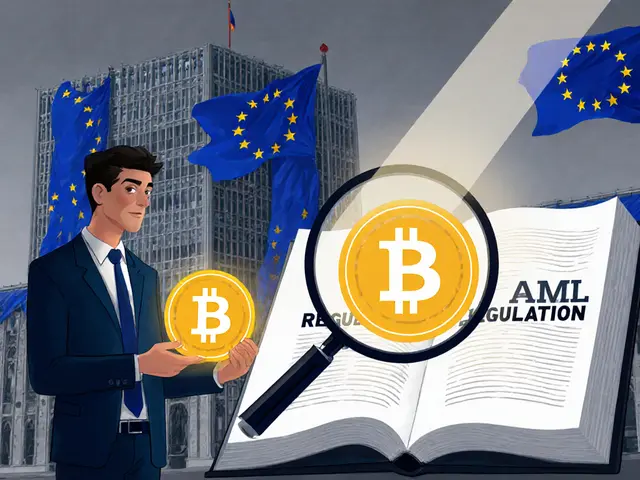On-Chain Governance: How Crypto Communities Make Decisions Without Central Leaders
When you hear on-chain governance, a system where blockchain users vote directly on protocol changes using their tokens. It's not a board meeting or a CEO decision—it's code enforcing what the community agrees to. This is how Bitcoin and Ethereum upgrades used to be debated for years in forums. Now, projects like Cosmos, Polkadot, and MakerDAO let token holders vote on proposals with a few clicks. Your vote isn't just a comment—it's a weighted decision tied to how much crypto you hold.
On-chain governance smart contract governance, the automated rules that execute votes without human intervention is what makes it different from old-school forums. When a proposal hits the required vote threshold, the code automatically updates the network. No developers need to push a patch. No company approves it. It just happens. But this system has flaws. If a few wallets control most tokens, the vote isn't democratic—it's plutocratic. We've seen this in projects where whales push through changes that benefit themselves, leaving small holders with no real power. Then there's DAO voting, a form of on-chain governance where decentralized organizations make collective decisions. Some DAOs use quadratic voting to give smaller holders more influence, but most still rely on simple token-weighted votes. And when voting turnout is low? The system becomes fragile. One large holder can swing the outcome.
Why does this matter? Because on-chain governance is the backbone of trustless systems. If the community can't agree on rules, the network splits. We saw it with Ethereum Classic after the DAO hack. We saw it again when Solana paused its chain due to a governance dispute. And we're seeing it now with proposals to change staking rewards or fee structures. The posts below show real cases: how a token swap in BinaryX was forced through without user consent, how cross-chain bridges failed because governance couldn't agree on security upgrades, and how NFT projects tried—and failed—to use voting to assign ownership rights. These aren't theoretical debates. They're live, high-stakes decisions that affect your wallet. Whether you're holding a meme coin or a DeFi token, you're part of this system. You just might not realize it yet.

